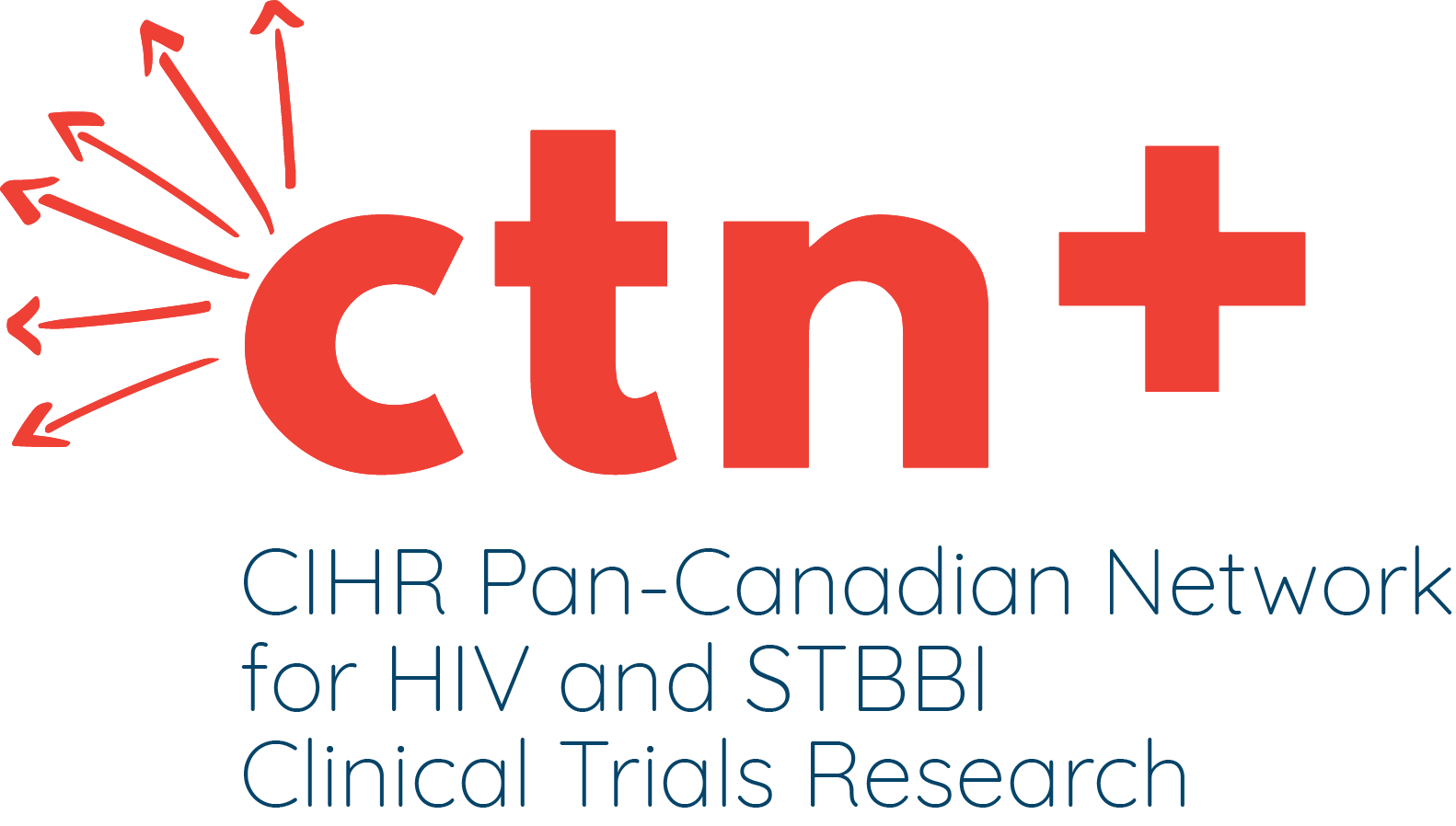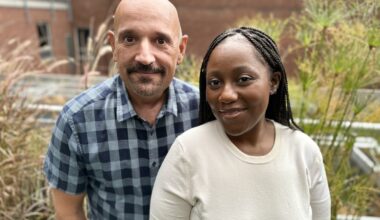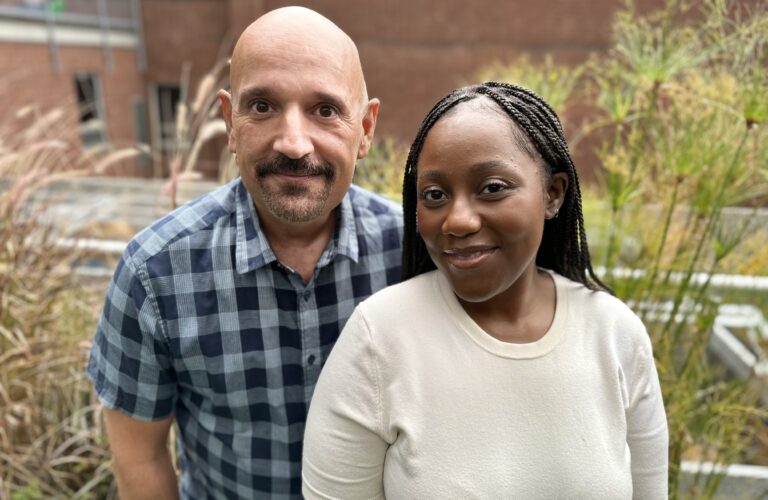
Dr. Jordan Sang joined the CTN in 2021 as a postdoctoral fellow. He is no stranger to the HIV research field, with extensive experience from both community and expert perspectives. Read on to learn more about Dr. Sang’s career and his current research project, ‘Examining secondary impacts of the COVID-19 pandemic on syndemic production and HIV among gay, bisexual and other men who have sex with men (gbMSM) in Vancouver, Canada’.
“I began my research career while completing my undergraduate degree in Health Sciences at Simon Fraser University. I participated in the Investigaytors Program at the Community-Based Research Centre, a community-based, capacity-building intervention for gay, bisexual, trans, Two-Spirit, and queer men who are interested in health research,” explains Dr. Sang. “This experience sparked my interest in HIV and the health of gbMSM, and I decided to pursue a Master of Public Health (MPH) so I could learn more about social determinants of health and the health inequities faced by sexual and gender minorities.”
Upon completing his MPH, Dr. Sang’s ambitions took him across the border to the University of Pittsburgh’s Graduate School of Public Health, where he obtained a doctorate degree in Behavioural and Community Health Sciences. Armed with a plethora of qualifications and certificates, Dr. Sang returned to Vancouver to join the BC Centre for Excellence in HIV/AIDS as a postdoctoral fellow, where he currently helps manage CTN 300: The Engage Cohort Study and the Momentum Health Study.
Now undertaking a second postdoctoral fellowship at the CTN, under the supervision of Drs. David Moore and Nathan Lachowsky, Dr. Sang is expanding his research interests to include the COVID-19 pandemic.
“My experiences working in HIV organizations and conducting research focused on PrEP uptake, HIV prevention and care, and examining social, structural, and behavioural factors have informed my career,” says Dr. Sang. “These experiences have also led to my interest in examining the impact of COVID-19, beyond the direct impacts of the disease itself. Understanding that gbMSM already face health barriers and social inequities compared to their heterosexual peers, the pandemic had the potential to, again, negatively affect disenfranchised gbMSM; for example, due to the closure of sexual health clinics, increased isolation and loneliness, and increasing substance use behaviours during the first wave of the pandemic.”
Dr. Sang’s research at the CTN aims to broaden our understanding of the secondary impacts of COVID-19 on HIV-related health services, PrEP uptake, and antiretroviral therapy continuation among gbMSM in Vancouver, B.C. In addition, the project will identify strengths and weaknesses within current health services to better support gbMSM when it comes to HIV prevention and care during and after the pandemic.
“Our results will inform future interventions that address health disparities, such as linking mental health services with HIV prevention and care, promoting substance use education and reduction, and consolidating sexual health services and referral pathways to ensure medication continuation and re-initiation is easier to achieve,” says Dr. Sang.
What can we expect to see from Dr. Sang in the future?
Dr. Sang hopes to one day hold a tenure-track position at a Canadian research institution, where he can continue studying disparities and resilience of gbMSM communities with respect to HIV prevention and care, mental health, substance use, aging, and other health outcomes.






